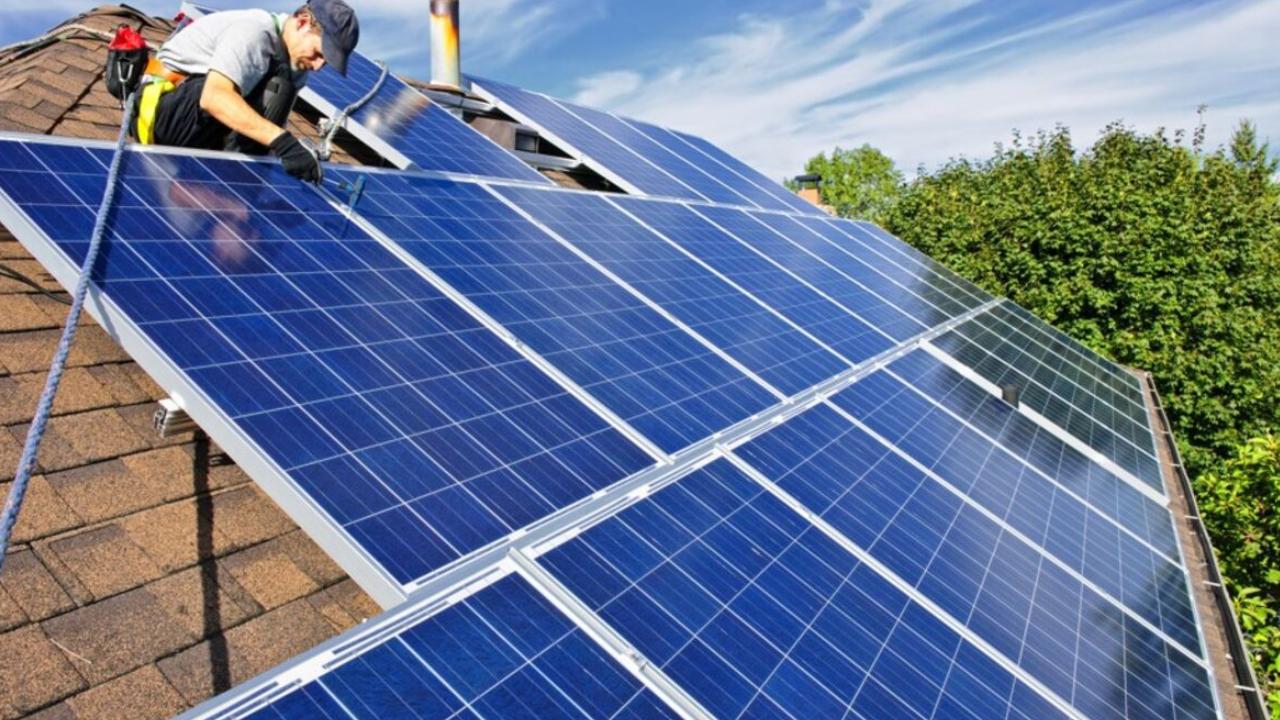The solar panels are designed in such a way that they are fixed on the rooftop of the home and buildings, utilize the sun's energy, and convert this energy into a clean and renewable form of energy. Consider factors like roof space, proper orientation, and maximum sun exposure when installing roof solar panels.
Once the roof solar panels are installed, it generates electricity for a variety of purposes, like lighting, heating, and cooking. Solar panels play a significant role in cost savings by generating electricity, which results in reduced utility bills. Excess power can also be stored for later use. This article will help you learn about the key features of rooftop solar panels.
Key Features Of Roof Solar Panels
Roof solar panels are tools that convert solar energy in an original way into electrical energy. To capture sunlight, these panels are mounted on roofs. Here are a few essential characteristics of roof solar panels:
Solar Panel Technology
Crystalline silicon cells are the most common type of solar cell. Solar panel technology is becoming essential due to rising electricity costs. because it reduces electricity costs by generating renewable energy from sunlight. When exposed to sunlight, the crystalline solar cells generate direct currents.
Installation
Buildings and homes have solar panels installed on their roofs. For the silicon panel to function properly, sunlight must not be obstructed, and a sizable roof area must be available for the installation of the solar systems. The solar plates should be properly oriented.
Energy Production
As we know, the solar panel is a big source of energy production. The demand for solar energy is increasing every day. When the solar light hits the silicon plates it converts the solar energy into DC power. Which is then converted into usable alternating current by using an inverter.
Energy Consumption And Cost Savings
The amount of solar electricity produced depends on certain factors like the size of solar plates, panel efficiency, and sunlight availability. On rainy days when sunlight is not available, the solar panel is unable to produce solar electricity. For this purpose, you can store the solar energy in batteries for later use. Solar electricity helps reduce utility bills, which is a topic of concern nowadays.
Environmental Benefit
A solar system offers certain environmental benefits. Basically, it helps clean the environment by generating electricity from a renewable energy source. Besides this, it also reduces the reliance on fossil fuels. A solar panel is considered an environmentally friendly energy system due to its power generation properties.
Maintenance Of System
The maintenance of solar systems required minimal effort. Regular cleaning of the system is considered necessary. Remove the dirt and debris from the surface of the solar plates from time to time. For better performance, an inspection of the system is recommended. Besides this, solar panel manufacturers also provide warranties in case of any defect or damage.
Conclusion
Solar power is used to produce electricity by using solar panels, which are regarded as a sustainable technology. Solar panels have become a necessity as a result of rising electricity costs. In addition to several benefits, it lowers electricity costs. The demand for solar systems is increasing each day. The solar power system is regarded as an economical and sustainable way to produce electricity.


